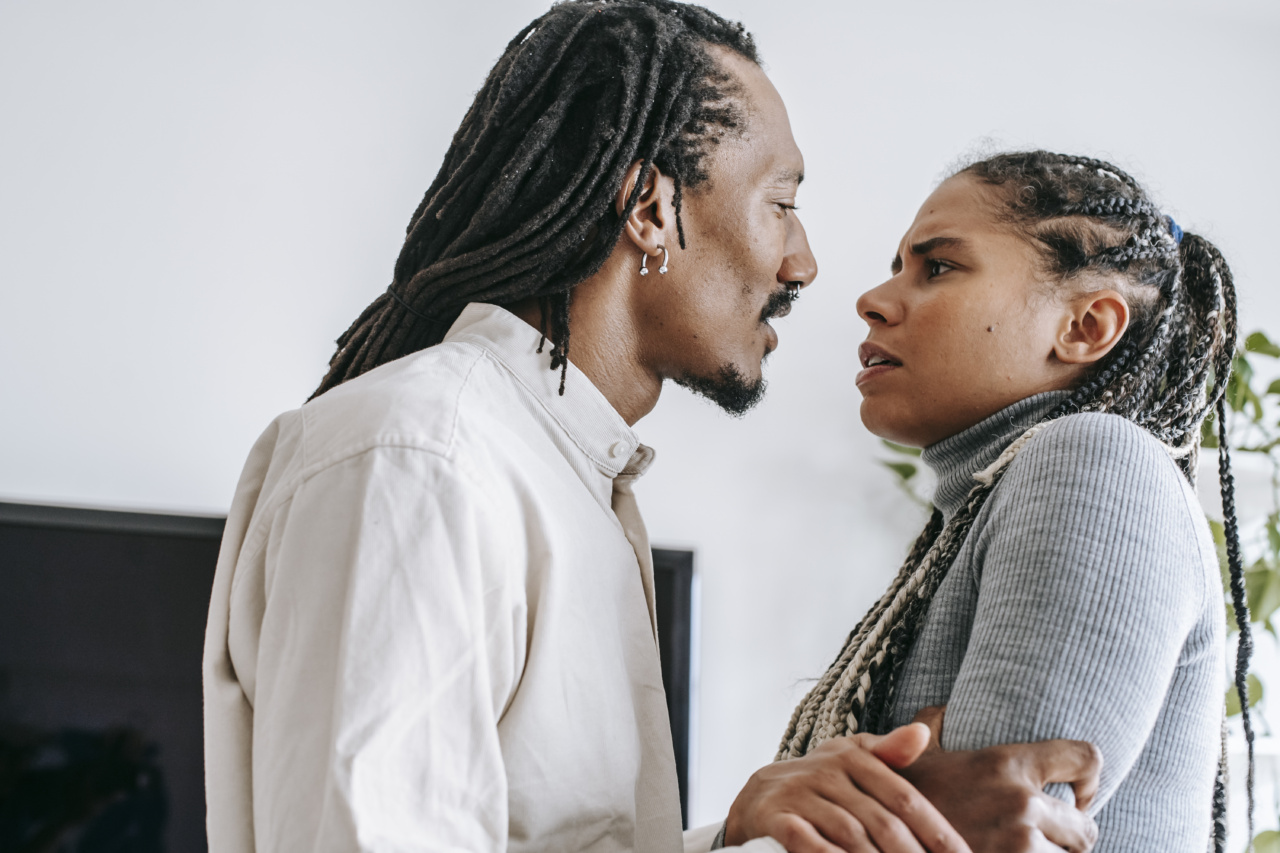Anxiety is a common feeling that everyone has experienced at some point in their life. It is characterized by feelings of fear, worry, and unease.
Most people experience anxiety during the day, but there are many people who suffer from evening anxiety, which can have a negative impact on their overall well-being.
The Definition of Evening Anxiety
Evening anxiety is when a person feels anxious or nervous during the evening hours, leading up to bedtime.
It can occur for a variety of reasons, such as work stress, relationship problems, financial worries, or simply feeling overwhelmed with everyday life. Individuals who are dealing with evening anxiety may experience physical symptoms, such as racing thoughts, heart palpitations, sweating, and difficulty breathing.
These symptoms can make it difficult to fall asleep or stay asleep, leading to a poor overall quality of sleep and exacerbating feelings of anxiety and stress.
The Impacts of Evening Anxiety
Evening anxiety can have a negative impact on overall well-being. It can cause excessive worrying and negative thinking patterns that can interfere with daily routines, relationships, and productivity.
It can lead to fatigue, irritability, and difficulty concentrating. Additionally, people who suffer from evening anxiety may have trouble falling or staying asleep, which can interfere with their body’s natural repair and restoration process.
The Psychological Impact of Evening Anxiety
Evening anxiety can have a profound psychological impact on individuals. It can lead to feelings of hopelessness, helplessness, and a lack of control.
These feelings can result in a decreased sense of self-worth and self-esteem, which can further exacerbate symptoms of anxiety. As a result, individuals may become more isolated and withdrawn, leading to a negative impact on their relationships and social life.
The Physical Effects of Evening Anxiety
Evening anxiety can also have physical effects on individuals. It can lead to muscle tension, headaches, stomach cramps, and other physical symptoms.
These symptoms can compound feelings of anxiety and stress, leading to a vicious cycle that can be difficult to break. In addition, the lack of sleep caused by evening anxiety can lead to a weakened immune system, making individuals more susceptible to illness and disease.
The Relationship Between Evening Anxiety and Depression
Many individuals who suffer from evening anxiety may also experience symptoms of depression. These two conditions often go hand-in-hand, as they share similar symptoms and causes.
Persistent feelings of anxiety can cause a lack of motivation and interest in daily activities, leading to feelings of sadness and hopelessness. These symptoms can make it difficult to manage daily life, leading to an increased risk of developing depression.
Coping Strategies for Evening Anxiety
Fortunately, there are many ways to manage evening anxiety. Some individuals may find relief through relaxation techniques, such as deep breathing exercises, meditation, or yoga.
Others may benefit from counseling or therapy, which can provide a safe and supportive environment for working through stress and anxiety. Additionally, some people may find relief through self-care techniques, such as taking a warm bath, reading a book, or listening to calming music before bed.
By implementing healthy coping strategies, individuals can learn to manage evening anxiety and improve their overall well-being.
The Importance of Seeking Professional Help
If you are experiencing symptoms of evening anxiety, it is important to seek professional help. Anxiety disorders can be debilitating and can lead to severe health problems if left untreated.
A mental health professional can provide you with the necessary tools and resources to effectively manage your anxiety and improve your overall quality of life. Additionally, they can help you identify any underlying causes of your anxiety and work with you to develop a personalized treatment plan that meets your individual needs.
Conclusion
Evening anxiety can have a negative impact on overall well-being, but there are many ways to manage these symptoms.
By implementing healthy coping strategies and seeking professional help when necessary, individuals can learn to overcome their anxiety and improve their overall quality of life.




























